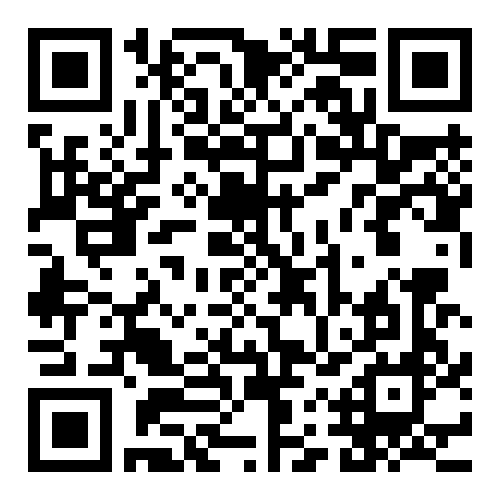What are Anti Insulin Antibodies?
The anti-insulin antibody test checks to see if your body has produced antibodies against insulin.
Antibodies are proteins the body produces to protect itself when it detects anything "foreign," such as a virus or transplanted organ.
Alternative Names
Insulin antibodies - serum; Insulin Ab test; Insulin resistance - insulin antibodies; Diabetes - insulin antibodies
How the Test is Performed
A blood sample is needed.
How to Prepare for the Test
No special preparation is necessary.
How the Test will Feel
When the needle is inserted to draw blood, some people feel moderate pain. Others feel only a prick or stinging. Afterward, there may be some throbbing or a slight bruise. This soon goes away.
Why the Test is Performed
This test may be performed if:
- You have or are at risk for type 1 diabetes
- You appear to have an allergic response to insulin
- Insulin no longer seems to control your diabetes
- Your blood sugar level varies a lot, with both high and low numbers that can't be explained
Normal Results
Normally, there are no antibodies against insulin in your blood if you have not been treated with insulin for diabetes.
Normal value ranges may vary slightly among different laboratories. Some labs use different measurements or test different samples. Talk to your health care provider about the meaning of your specific test results.
What Abnormal Results Mean
If you have IgG and IgM antibodies against insulin, your body reacts as if the insulin in your body is a foreign protein that needs to be removed. This may make insulin less effective, or not effective at all. This is because the antibody prevents the insulin from working the right way in your cells. As a result, your blood sugar can be unusually high. Many people who are on insulin have detectable antibodies, but these antibodies do not cause symptoms.
The antibodies can also prolong the effect of insulin by releasing some insulin long after your meal has been absorbed. This can put you at risk for low blood sugar.
If the test shows a high level of IgE antibody against insulin, your body has developed an allergic response to the insulin. This could put you at risk for skin reactions where you inject insulin. You can also develop more severe reactions that affect your blood pressure or breathing.
Other medicines, such as antihistamines or low-dose injectable steroids, may help to lessen the reaction. If reactions have been severe, you may need a treatment process called desensitization or another treatment to remove the antibodies from your blood.
Risks
There is little risk involved with having your blood taken. Veins and arteries vary in size from one person to another and from one side of the body to the other. Obtaining a blood sample from some people may be more difficult than from others.
Other risks of having blood drawn are slight, but may include:
- Excessive bleeding
- Fainting or feeling lightheaded
- Multiple punctures to locate veins
- Hematoma (blood building up under the skin)
- Infection (a slight risk any time the skin is broken)

